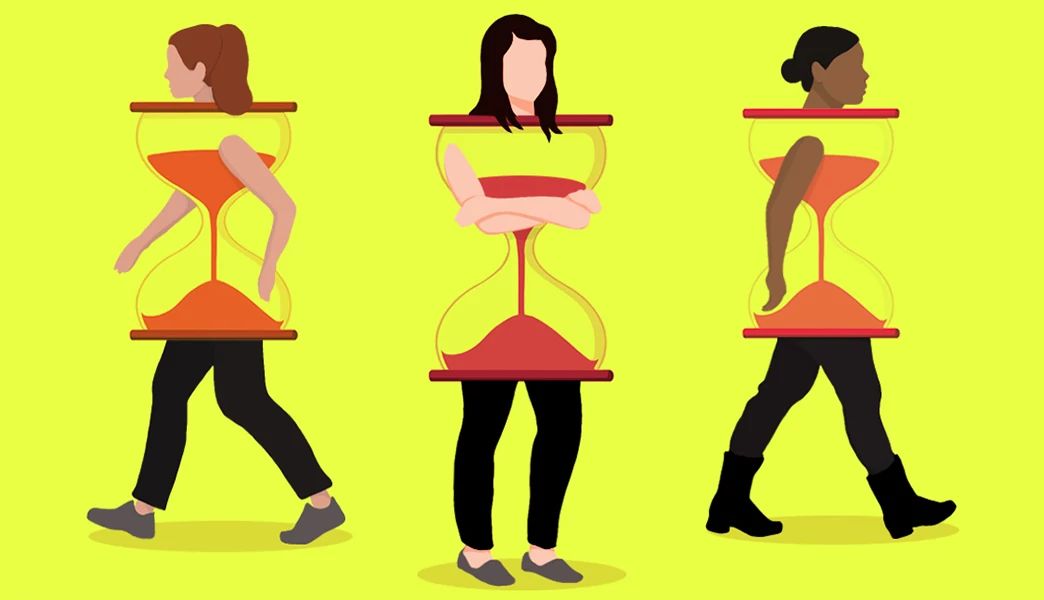Challenges


Quick Win
You can tackle brain fog during menopause — at work and at home.
Try This Today
- Start a daily record of your symptoms and observations. Include how you feel, how you slept, what you ate. “After two or three weeks of keeping a list of your symptoms and how severe they are,” you may spot some triggers or patterns that correspond to your mental state, says Lauren Chiren, founder and CEO of Women of a Certain Stage, an organization that advises employers on how to support workers who are going through the menopausal transition.
- When things feel overwhelming at work, escape — briefly. Chiren suggests a quick visit to the restroom – lock yourself in, sit down and focus on breathing. “It’s just having that moment,” she says. “Nobody even has to know you’re doing it.” If being social is more your thing, check in with a “menopause buddy” during the workday. Having a safe space – with free rein to complain – can be a valuable outlet, too.
- Take advantage of tech. Give your brain a break by putting technology to work for you: Set reminders on your phone to check your notes and schedules, or make use of AI tools that can record key meeting points for later reference.
Why
Brain fog can be a temporary byproduct of the menopausal transition and is fairly common, says Monica Christmas, M.D., director of the Center for Women’s Integrated Health at the University of Chicago. While the condition is bothersome, it’s rarely permanent, she notes, adding that it’s important for women to look at lifestyle modifications, too, such as making sleep a priority, getting exercise and eating a healthy diet — three of the six pillars of brain health. Your workplace may be able to make specific accommodations during this temporary period as well, Chiren says.
For more on navigating menopause in the workplace, read this article on Staying Sharp.







)


















More From Staying Sharp
Looking for a Solution? Try Mind Mapping
A colorful addition to your problem-solving tool kit
Protect Your Privacy
Opt out of being tracked online
The Art of Truly Listening
When music is more than background noise, we benefit emotionally